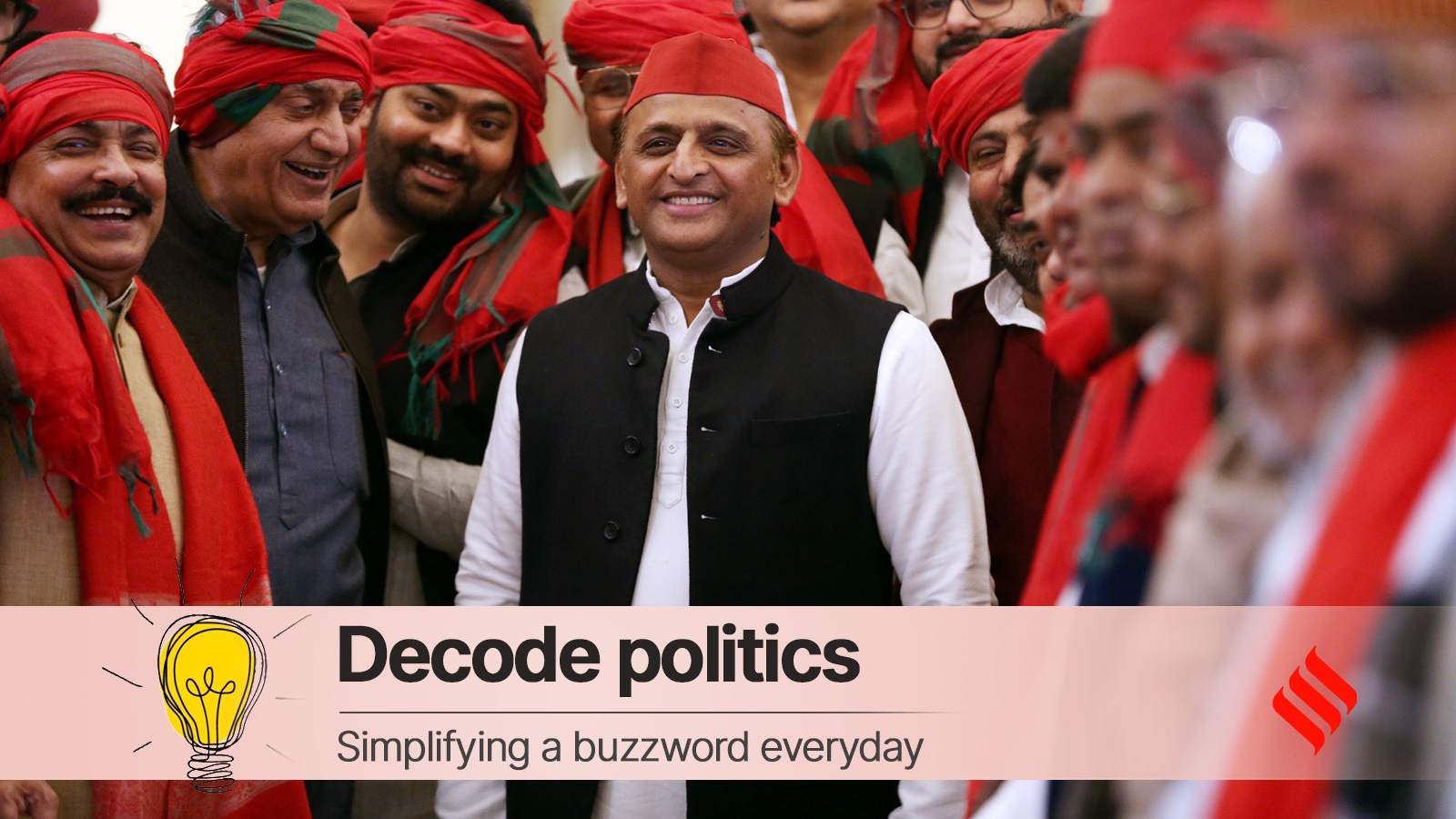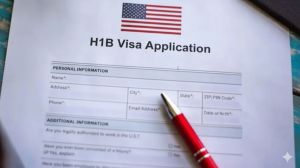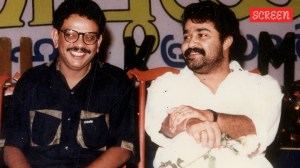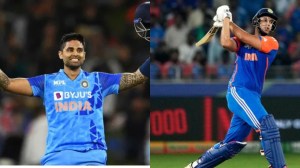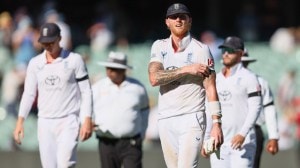The Akhilesh Yadav-led Samajwadi Party (SP) has fuelled the Opposition INDIA bloc’s surge in Uttar Pradesh, ensuring a setback for the ruling BJP.
Belying various projections, the SP has emerged as a formidable challenger to the BJP as they are locked in a neck-and-neck race. As per the initial trends, the INDIA bloc, including the Congress, has managed to edge out the BJP in the crucial heartland state.

In the 2019 Lok Sabha polls, the SP had managed to win just 5 seats in UP as it had then contested 37 out of the state’s 80 seats as part of an alliance with the BSP. The BJP had then swept the polls, bagging 62 seats, with the BSP getting 10.
This time, the SP contested 62 seats while its INDIA partner Congress fought from 17 constituencies.
Confident of retaining its core Muslim-Yadav voter base and seeking to make inroads into the votes of non-Yadav OBCs, who were seen to be consolidated in favour of the BJP, the SP fielded only five candidates from the Yadav community in its 62 seats.
Incidentally, all five are from party founder Mulayam Singh Yadav’s family.
In 2019, the SP fielded 10 Yadav faces out of 37 candidates. In 2014, it contested 78 seats and nominated 12 Yadav candidates, including four from the “first family”, that is Mulayam’s clan.
Story continues below this ad
“The Muslims and Yadavs are firmly behind us. The party’s vote share increased when it joined hands with smaller parties, who draw the support of non-Yadav OBCs. The party has accommodated candidates from other communities to reach out to voters of other OBC groups and upper castes,” an SP leader said.
Akhilesh, in fact, coined a new slogan for the vote base he banked on this time, expanding from “M-Y” or Muslim-Yadav to “PDA” or “Pichde (backward classes or OBCs), Dalits, Alpasankhyak (minorities)”.
So, while five SP tickets went to Yadavs, it fielded 27 candidates belonging to other OBCs, 11 upper castes (including four Brahmins, two Thakurs, two Vaishyas and one Khatri) and four Muslims. It nominated 15 Dalit candidates in SC-reserved seats.
Of the Yadav candidates, SP chief Akhilesh contested from Kannauj; his wife Dimple Yadav, who lost in 2019 from Kannauj, fought from Mainpuri; while Akhilesh’s cousins Dharmendra Yadav, Akshay Yadav and Aditya Yadav are the nominees from Azamgarh, Firozabad and Badaun, respectively.
Story continues below this ad
PDA factor
In the run-up to the polls, Akhilesh had said that most of the backward people, Dalits and minorities would unitedly back the SP’s PDA plank due to which the BJP’s “equations and previous formulas” would fail this time.
In a post in Hindi on X then, Akhilesh said: “Survey of those who believe in PDA: Overall 90% say– 49% backward people have faith in PDA, 16% Dalits have faith in PDA, 21% minorities (Muslims+Sikhs+Buddhists+Christians+Jains and others+tribals) believe in PDA, 4% backwards of the upper castes have confidence in PDA. (All the above include ‘aadhi abadi’ i.e. women). Most of these 90% will vote unitedly for PDA this time.”
Akhilesh also claimed, “Due to this (PDA factor), the BJP is neither able to do any math nor make any equation. This is why all the previous formulas of the BJP have failed this time and the BJP has lagged far behind in the selection of candidates. The BJP is not getting candidates at all. No one wants to fight to lose by taking the BJP ticket.”
Akhilesh also gave a slogan, saying “Li hai PDA ne angdai, Bhajpa ki shamat aayi (PDA has set off, the end of BJP has come)”.
Story continues below this ad
What is PDA?
The PDA acronym was first used by Akhilesh in June 2023. He floated this formula as a counter to the BJP-led NDA, claiming on multiple occasions that “PDA hi NDA ko harayega (It will be the PDA which will defeat the BJP-led NDA)”.
The SP’s core vote bank has traditionally comprised of Yadavs and Muslims in UP. The party has however been losing the elections in the state since 2014 — the 2014 Lok Sabha polls (got five out of 80 seats), 2017 Assembly polls (won 47 out of 403 seats), 2019 Lok Sabha polls (got five seats) and 2022 Assembly polls (won 111 seats).
The PDA idea reflects Akhilesh’s aim to expand the SP’s traditional vote bank to encompass Dalits, OBCs other than Yadavs, and minorities other than Muslims. Akhilesh has also said that the PDA would also include “backwards” among forward castes which are traditionally part of the BJP’s vote bank.
Akhilesh’s PDA plan
According to the SP leaders, the PDA represents a “rainbow coalition of communities” and would be therefore more appealing to the masses, which would help the party’s outreach to a much wider segment of the population.
Story continues below this ad
Some SP leaders claimed that a section of Dalits has become “disenchanted” with the BSP as “they see that BSP supremo Mayawati ji does not take on the BJP”. They claimed that the Dalit community was looking for an “alternative”, which provided an opportunity to the SP to get them on board.
“Our party chief (Akhilesh) has been hailing B R Ambedkar and other Dalit icons, which signals that we are trying to reach out to Dalits,” said an SP leader.
“OBCs other than Yadavs are also among our target audience because we want to make them believe that the SP is the only party that can help them in UP. They constitute the highest numbers in terms of population percentage in the state,” the SP leader said. “Muslims are the largest minority, who have always backed the SP,” he said, adding that a larger platform like the PDA would “not only galvanise Muslims but also other minority groups in favour of the SP”.
Akhilesh’s caste census pitch
At his public meetings, Akhilesh repeatedly demanded a caste census, maintaining that a caste survey in UP would ensure communities’ equitable share in reservation and government schemes for their development and welfare based on their proportion in the population.
Story continues below this ad
The SP chief also accused the BJP of allegedly making attempts to undermine the reservation regime ensured by the Constitution. These are part of his bids to woo communities like the OBCs and Dalits, which benefit from quota in jobs and education.
SP’s social calculus
While the SP seemed to be assured in its expectation that the Muslim community would rally behind it to defeat the BJP, the party would need more than the Muslim vote to pull off a win in UP. Muslims constitute about 20% of UP’s population and their full backing for the SP in the 2022 polls was a key factor for the improvement of its tally as compared to the 2017 polls.
In the last few elections, the votes of non-Yadav OBCs have played a crucial role in ensuring the BJP’s victory. As per estimates, OBCs constitute about 40-50% of UP’s population. Yadavs make up around 8-10% of the state’s population. Akhilesh thus needed to expand the base of his party beyond its traditional core supporters, Yadavs, to include other OBC communities too.
Dalits also constitute a sizeable population in UP at around 20%, who have traditionally been the BSP’s loyalists. Akhilesh has also been trying to reach out to a section of Dalits, who might have got demoralised by the party’s decline over a long period.
Story continues below this ad
BJP and INDIA bloc
While Akhilesh championed the cause of the PDA, the BJP seemed to be confident that the UP voters would not “fall for such gimmicks”. The state BJP leaders pointed out that Akhilesh had tried such claims on multiple occasions but it had not helped him clinch the polls. “SP is harping on PDA, but people of UP know that Chief Minister Yogi Adityanath has delivered on his promises and will continue to do so,” said a BJP leader.
UP Deputy CM Keshav Prasad Maurya, a prominent backward leader, repeatedly took on Akhilesh over his PDA pitch. He recently dubbed the PDA as the “Personal Development Authority”, charging that it was only meant to “benefit Akhilesh Yadav”.
The BJP leaders said that in its campaign for the Lok Sabha polls the party will highlight Prime Minister Narendra Modi’s “fulfilment of various guarantees including the one to build the Ram Temple in Ayodhya”.
The SP’s task was thus cut out as it geared up to take on the BJP’s juggernaut in the polls.

